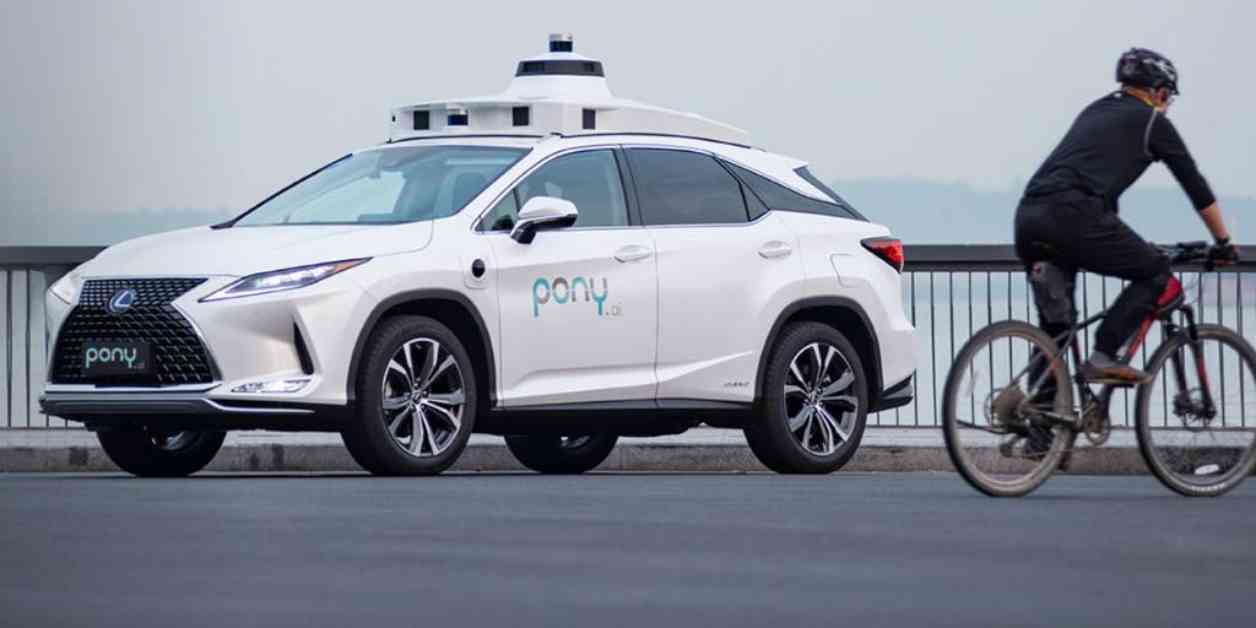Self-driving cars are becoming more popular in the United States, with companies like Tesla leading the way. However, a recent report from Fortune has raised concerns about the risks posed by self-driving cars with Chinese origins.
According to the report, self-driving cars owned by Chinese companies have traveled 1.8 million miles in California, collecting data that is sent back to China. This data could potentially be used for espionage or war planning by the Chinese government.
In California, 35 companies have been approved to test their self-driving cars, with seven of them having ties to China. These companies, including WeRide, Baidu’s Apollo, AutoX, Pony.ai, and DiDi Research America, have collectively driven 1.8 million miles on California roads. Some of these companies also have approval to test in Arizona and Texas.
The data collected by these self-driving cars is highly detailed, with the ability to map roads with precision up to two centimeters. This data is then transferred to data centers, some of which are located in China. Experts cited in the report believe that this data could be accessed by the Chinese government.
While there is no concrete evidence that the Chinese government is currently exploiting this data, the potential risks are significant. The detailed maps created by self-driving cars using lidar technology could be used for mass surveillance and military planning by foreign adversaries. This technology has been used by the U.S. military in the past for similar purposes.
In response to these concerns, the U.S. government is taking steps to regulate data collection by Chinese automotive companies operating in the country. Representative Elissa Slotkin has introduced a bill to formalize national security reviews of Chinese-made connected vehicles. This mirrors China’s own data security laws, which require companies like Tesla to store data locally and partner with Chinese firms.
As the technology of self-driving cars continues to evolve, finding a balance between innovation and national security will be a key challenge for policymakers. It is important to ensure that data collection by foreign tech companies is regulated to protect national security interests.
The rise of Chinese-made self-driving cars in the U.S. underscores the need for careful scrutiny and regulation of data collection practices. While technological innovation is important, safeguarding national security must remain a top priority. As we move forward, it is essential that policymakers continue to monitor and address these potential risks to ensure that innovation serves the public interest while maintaining national security.




















